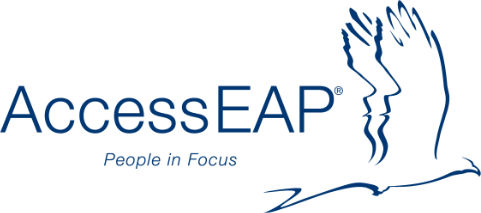
Decluttering: A Mindful Moment or Wellness Fad?
For me wellness means doings things that promote health and contentment and help me to manage stress, such as spending quality time on the golf course or taking a yoga class. As well as these activities, I’m aware that there is an overwhelming amount of wellness options that may be beneficial to me, however, it is becoming harder to distinguish which practices will increase my wellbeing and which are just passing fads.
Right now, one of the hot topics in wellness practice is de-cluttering, popularised by Oprah Winfrey's introduction of Australian, Peter Walsh to the world and more recently Marie Kondo. We are witness to people describing how tidying their homes, has changed their lives. This does make me question, is decluttering actually good for our health?
There is some evidence that clutter in the home is detrimental for our physical and mental health. In particular, clutter has been linked to stress which in turn can have many other health impacts. It certainly can be stressful if you can’t locate your laptop, due to clutter, and your meeting starts in an hour. Clutter has also been found to drain our cognitive resources due to visual distraction, to impact our food choices, and to be associated with sleep disturbance.
Decluttering is most useful if it is a problem for you and leads you to feel uncomfortable and chaotic. If it does make you feel this way, it may be a symptom of other things going on in your life. It’s important to uncover and address these. Depression can lead to a lack of motivation to “tidy up” and a sense of not caring about yourself or your environment, grief can result in holding on to things for sentimental value or for fear of what “moving on” may entail.
If decluttering resonates with you, where should you start? With the overwhelming nature of the task, it helps to set small achievable goals. Setting out to tidy your entire home all at once may be unrealistic and feel overwhelming. Successfully tidying a small section of a room will help increase your self-efficacy and promote future success.
Try to declutter yourself, as having someone else declutter for you doesn’t address the underlying issues that initially caused the clutter. In the long run, adjusting your own behaviour will be more effective in achieving lasting change. Form helpful habits over time by consistently putting things away will steadily reduce clutter over time. Pairing a new behaviour (putting something away) with an existing part of your routine (making the bed) helps to cement this new behaviour over a few weeks. Try to avoid acquiring unnecessary items in the first place. Before buying something, ask yourself whether you really need it.
While decluttering is one way to help some to find inner calm, it is also worth considering other evidence-based approaches for combatting stress. Another technique for managing stress is the much popularised, Mindfulness. Focusing on the present moment without judgement can help us feel calmer as we often feel stressed by worrying about the past and future. Mindfulness does not need to involve meditation, in fact, we can practise “active” mindfulness as we go about our day-to-day lives. This can be done while taking a shower, drinking a cup of tea or walking on your way to or home from work. It may surprise you how much time you spend getting caught up in your thoughts and living in autopilot mode. The more we train our brains to be present, the more we can focus on the present and the task at hand, often resulting in different more meaningful conversations.
If mindfulness and/or decluttering resonate with you, it is worth giving it a try to see if it does help you to stress less and improve your sense of wellbeing. Remember each of us is unique and it is important to include something that works for you on your journey of wellbeing. This is often a trial and error journey and it takes courage to make a change.
Sally Kirkright, CEO, AccessEAP



